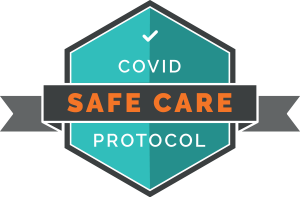Minimally Invasive Spine Surgery
Specialists in NJ & FL
Depending on your specific spine condition, minimally invasive spine surgery may be the answer to finding pain relief. This type of spine surgery is ideal for patients who have exhausted all forms of conservative treatment with little to no results.
Minimally invasive spine surgery could return you to a pain-free life. See if you qualify by trying our candidacy checker tool below.

